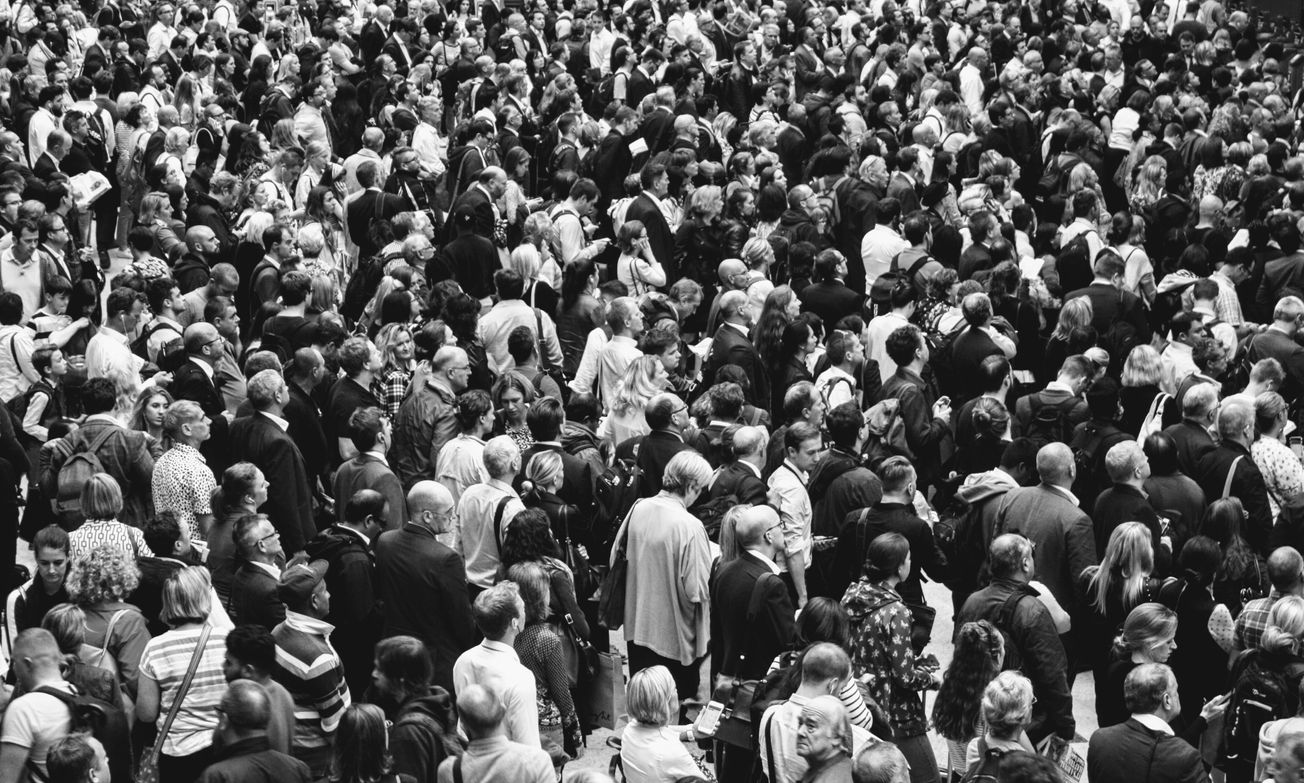By Jake Porter,Third Year Ancient History
Jake Porter reports on the controversial topic of 'liberal eugenics'
A controversial ideology posing as science, that many assumed had been laid to rest, has undergone a recent resurgence. Eugenics is the concept of ‘improving genetic quality’ through selective breeding – among other practices – and has firmly negative associations with European colonialism and Nazi Germany. A spate of public intellectuals have bemoaned past criticisms of the practice, and have attempted to revitalise it as ‘liberal eugenics’.
An article in the Monash Bioethics Review, Australia’s oldest peer-reviewed bioethics journal, describes itself as ‘deliberately provocative’ for its title: ‘Defending eugenics’. Within, the author attempts to separate the principles of eugenics from its historical contexts, and counsels the ‘moral’ responsibility of parents to ‘produce people with traits that enable them to thrive’.
A backlash to this article followed, prominently from the Australian Critical Race & Whiteness Studies Association (ACRAWSA), who submitted an open letter condemning the article on multiple fronts. Notable among these was ACRAWSA's criticism that the article normalised a practice that was unavoidably discriminatory. Alana Lentin – ACRAWSA’s president – stated that ‘it is impossible to dissociate an idea from the context in which it emerged and the practices which it led to’. When the classic targets of eugenics have been ‘the poor, disabled and those considered racially ‘inferior’’, it is certainly ‘provocative’ to claim the practice’s benefits for a liberal cause.
Further criticism of the article was found on Twitter from several writers and academics. Some showed shock at the existence of contemporary defences of eugenics; others, such as the writer Zoé Samudzi, laid bare the prevalence of pro-eugenics arguments within Neoliberalism and ‘much/most of the field of evolutionary biology’.
This prevalence is mirrored within our political culture. The Conservative Party’s appointment of right-wing philosopher Roger Scruton to the position of Housing Tsar has faced controversy, due in part to his implied views on eugenics. In a letter shared with the New Statesman, Andrew Gwynne - Labour’s Shadow Housing Secretary - cites an older article by Scruton that appears to lament the fate of formerly-respected scientists who, having declared support for eugenics, suffered severe hits to their reputations. Scruton denies any association with eugenics; his accused sympathies appear to not have affected his posting or his relationship with the Conservative Party.
A similar situation, though one that ended differently, was Toby Young’s short-lived appointment within the Office for Students. Akin to the case of Roger Scruton, Young was accused of holding views on eugenics that raised questions over his suitability for a role, which in this instance was on the board of a higher education watchdog. Young was revealed to have attended a secret eugenics conference in London, where the apparent focus of discussion was on ‘how IQ is inherited between different groups and races’. Coupled with allegations of misogyny, homophobia and other offensive behaviour, Young’s association with eugenics proved enough to force him out of the role.
Within this revival of eugenics, and its pretence as a means for liberal utopia, one can detect certain tropes typical to these new eugenicists. They regularly cast themselves as rebellious or provocative, often explicitly naming themselves so, rendering them similar to right-wing media personalities such as Katie Hopkins or Milo Yiannopoulos. Indignant at having their attitudes compared with historical evils such as Nazism or European colonialism, they often try to forge a distance between themselves and the past, regardless of the unshakeable ties between eugenics and the contexts that formed it. They frequently hold discriminatory views: the author of ‘Defending Eugenics’ argued that some races possess ‘low impulse control’ as a heritable trait, Roger Scruton has referred to homosexuality as ‘not normal’, and Toby Young implied that lower-income families are genetically pre-disposed to having lower IQs. They frequently decry what they see as academic censorship and pose as free speech advocates, arguing their right to a platform in spite of academic incredulity at their beliefs. Rather than being progressive in any sense, these ‘provocateurs’ prove themselves to be reactionary in every way that counts, offering a bogus science that operates as a front for their abhorrent ideology.
ACRAWSA’s open letter ends with the following criticism of contemporary society: ‘We seem to have entered a phase in academia and public life where debate for its own sake has trumped any commitment to the principle of protecting those most vulnerable and creating the conditions for a more just society for all.’ Modern regressives use the pretext of debate and free speech to normalise their toxic, debunked, dangerous attitudes, and to help them spread. We must remain forever vigilant in our opposition to eugenics and those who believe in it. Eugenics implies a genetic hierarchy that puts at risk all who commonly suffer discrimination, such as those in poverty, the disabled, women, the LGBTQI community, and people of colour. It is not and will never be progressive.
Featured Image: Rob Curran/ Unsplash
What do you think about the rise of 'liberal' eugenics? Let us know your thoughts.





